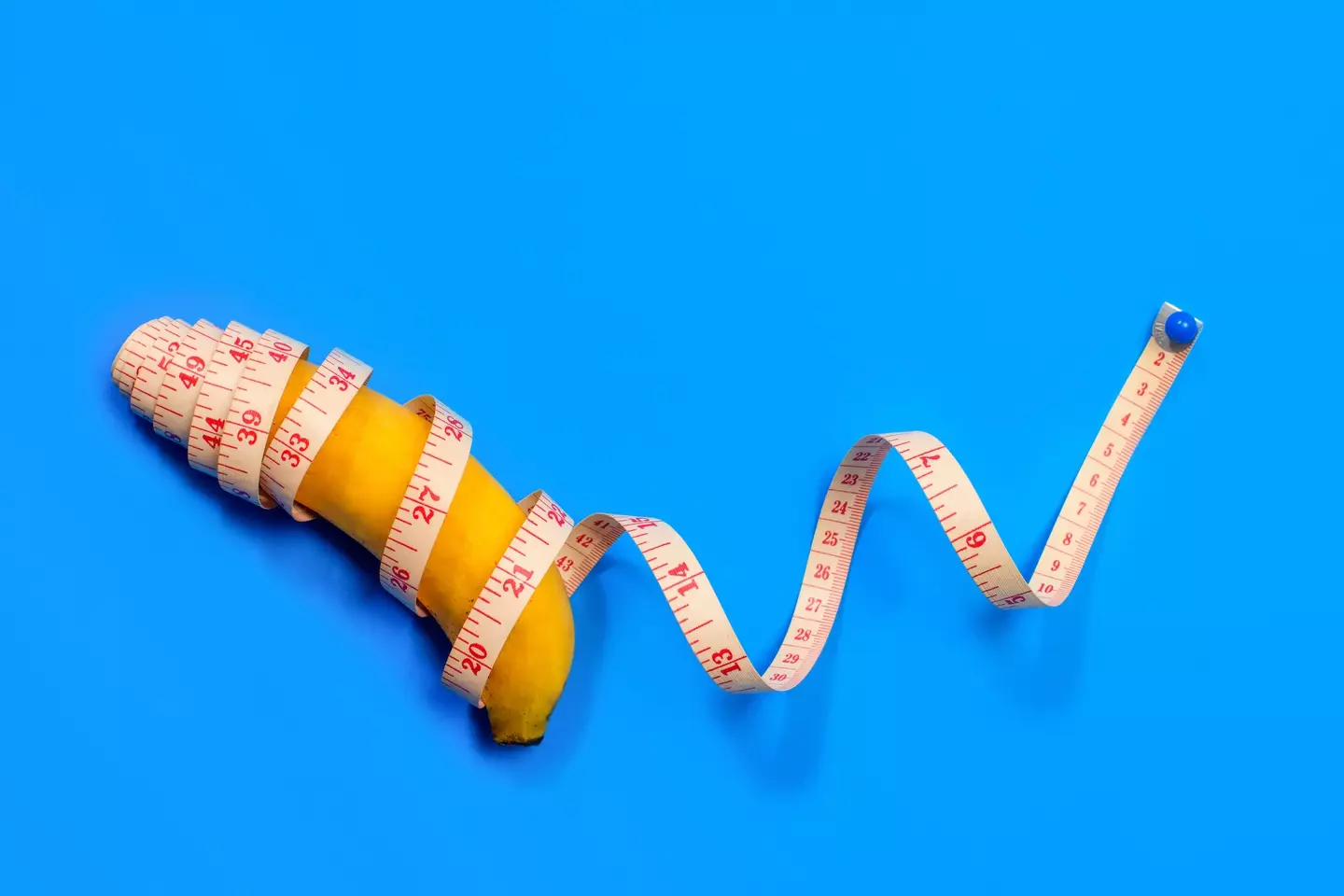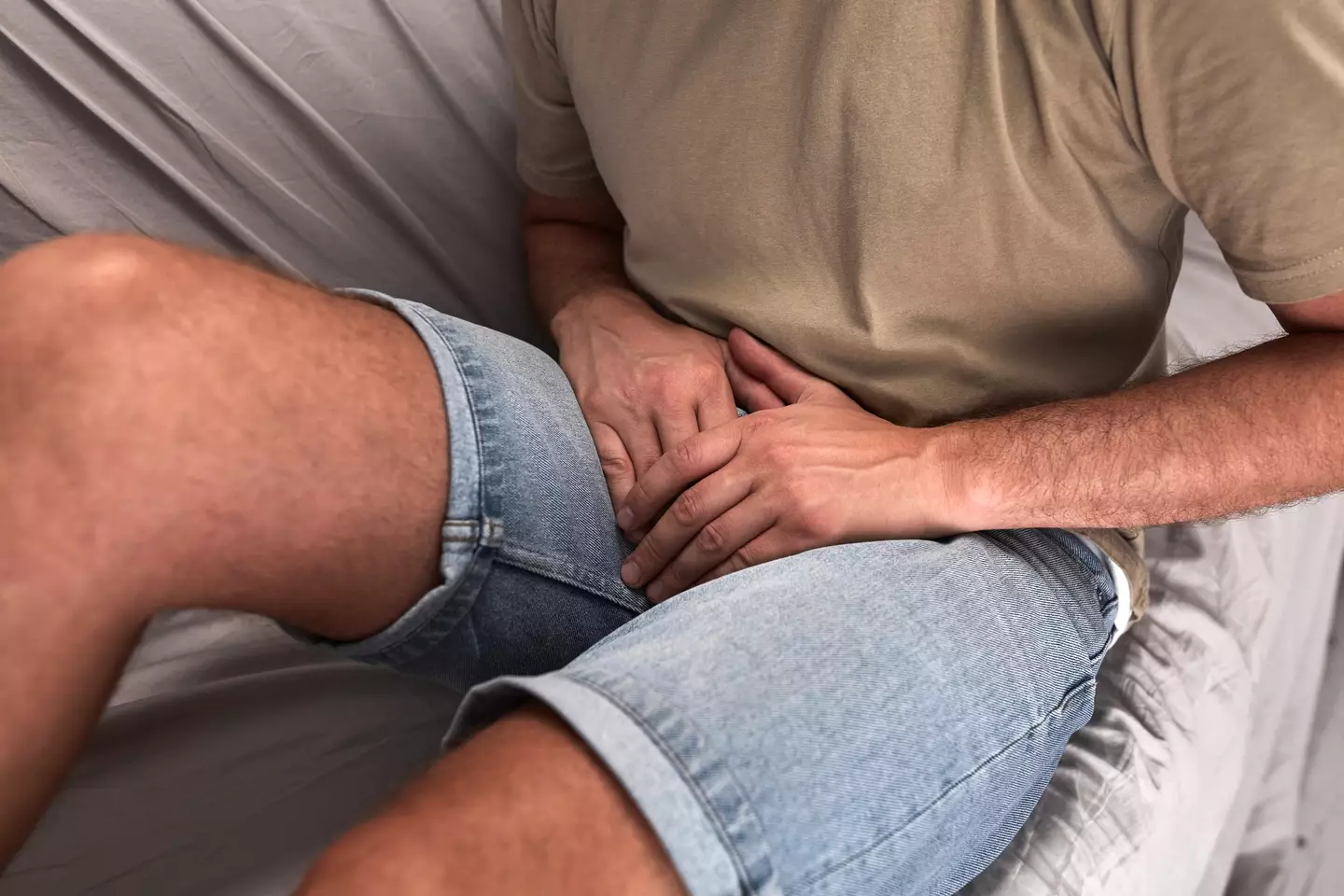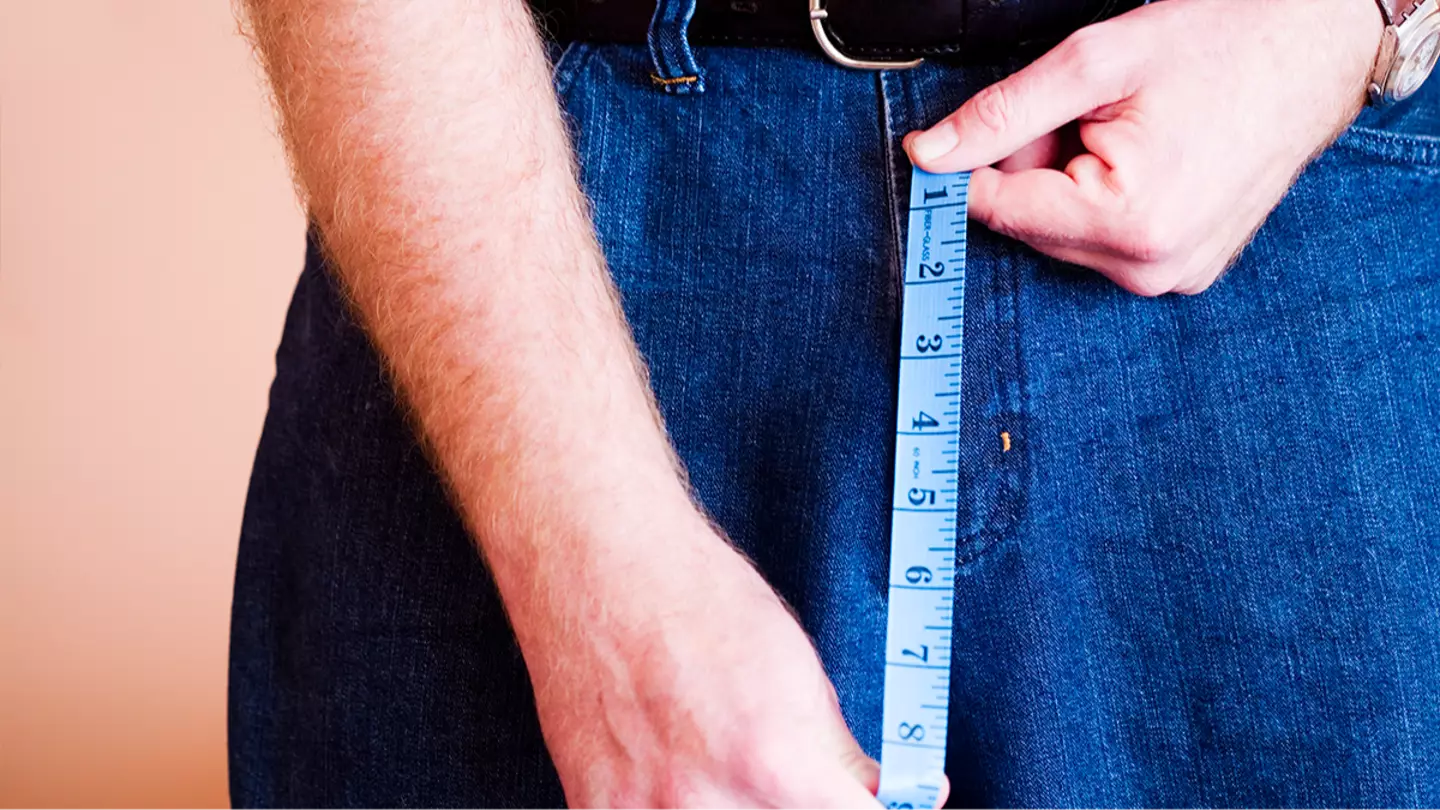Many men might fantasize about their penis growing endlessly, but eventually, there is a limit to its growth.
While some individuals may have concerns about their size, most would agree that technique is more important than measurements.
Nonetheless, the question of what influences the size of a penis persists, a topic Dr Amy Pearlman, a urologist with expertise in male sexual and hormonal health, refers to as ‘the million dollar question’.
According to Men’s Health, current research suggests that genetics and hormone exposure during development are the primary factors that determine penis size.

We’ve all heard the old saying about ‘big feet’, but scientists have found no significant links between foot size, finger size, height, and penis length.
In another discussion, urologist and sexual wellness expert Dr Jamin Brahmbhatt tackled the question many consider crucial: when does the penis stop growing?
“Most penile growth happens during puberty when testosterone goes up,” stated Dr Brahmbhatt. He added, “By about 18 – the end of high school for most boys – length and girth are essentially set.”
Although the penis stops growing in the teenage years, it can decrease in size later on.
Dr Pearlman explained to Men’s Health, “Your penis can shrink both in length and girth as you get older.”
This reduction in size isn’t solely due to aging but can be associated with erectile dysfunction (ED), which is more common in older men. Reports indicate that 80 percent of men in their 80s are affected by ED.

Apart from aging, a frequent cause of ED is vitamin D deficiency.
A study published earlier this year highlighted that individuals with a vitamin D deficiency also experienced issues with their corpora cavernosa, the spongy tissue in the penis essential for erections.
Dr Miguel Olivencia, a researcher at Complutense University and co-author of the study, noted, “Our results suggest that vitamin D deficiency may contribute to the lack of response to this first-line treatment of erectile dysfunction.”
The study’s findings imply that correcting vitamin D levels in deficient patients could enhance sexual performance.
To boost vitamin D levels, spend more time outdoors, eat foods rich in the vitamin like tuna and egg yolks, and consider taking supplements.

